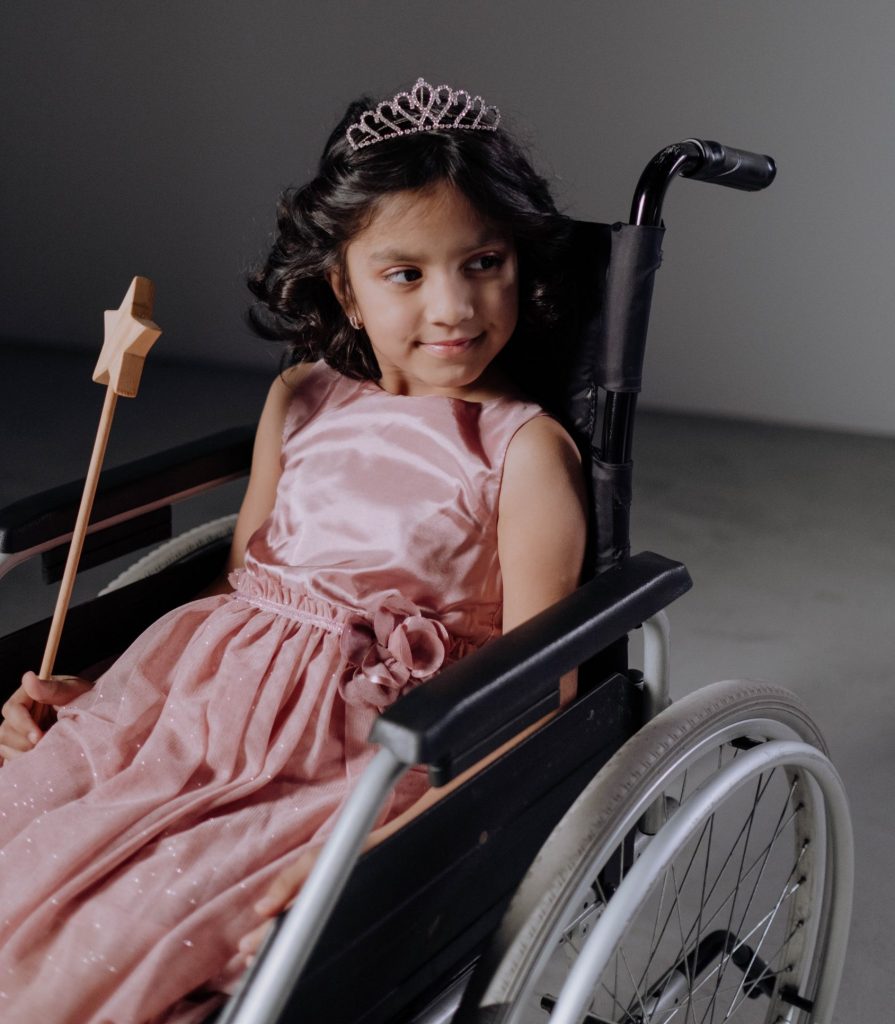
Key points
- Inclusion is a process of identifying, understanding and breaking down barriers to participation and belonging.
- Listening to children’s voices and recognising these are expressed in a range of ways, including non-verbally, is central to inclusive practice.
- Identifying what each unique child “knows and can do” is the foundation of inclusive early years practice.
- Understanding children as unique includes considering them in relation to others.
- Making sure that early years practice meets the needs of all children means thinking about children in context.
Inclusion is a process of identifying, understanding and breaking down barriers to participation and belonging. Inclusive early years practice is about anticipating, paying attention, responding to and reflecting on the needs and interests of all children. A commitment to inclusion should permeate all aspects of the design of educational programmes and the structuring of environments, as well as shaping every interaction with children, parents and other professionals.
Inclusive principles for practice are relevant for all contexts and settings and place a focus on what features and practices enable children to feel and be included, rather than where this takes place. Different kinds of settings may be best placed to effectively support different children to be included, and so maintaining a range of provision is important.
Listening to children and recognising their voices are expressed in a range of ways, including non-verbally, is central to inclusive practice. Children’s right to be heard and have their views taken seriously was established via Article 12 of the United Nations Convention of the Rights of the Child (UNCRC 1989) and is embedded in the statutory provisions in England of the Special Educational Needs and Disability Code of Practice: 0 to 25 years (DfE/DoH, 2015). Through the Code of Practice, local authorities are mandated to ensure that children’s and families views are sought and contribute to educational decision-making.
Identifying what each unique child “knows and can do” is the foundation of inclusive early years practice. Some children will benefit from extra support and expert advice in order to get the most out of the opportunities for learning and belonging that their early years setting affords. Practitioners learn how to offer appropriate support through observation, consultation and careful listening, in inclusive provision which:
- places an emphasis on the changes that can be made to the environment to encourage play and active learning on the child’s own terms
- understands the starting points of every child, regardless of their chronological age
- accepts and understands children for who they are, including their capabilities to sense, feel, and their agency to choose the things they like and enjoy doing, as well as identifying the things that they do not like or enjoy
- takes a positive approach to observation that is child-centred, strengths-based and holistic
- promotes opportunities in practice to follow each child’s lead and listen to their voice, recognising that this will be expressed in a range of different ways, including non-verbally
- uses the EYFS framework and Birth to 5 Matters or other guidance to support understanding of typical development, and to enable practitioners to have confidence to observe, question and consider why a child may be developing differently
- bases practice on awareness that development is not a linear progression and does not move at a standard rate, in order to promote insight into the appropriateness of the provision and resources for specific children
- placing an emphasis on the changes that can be made to the environment to encourage play and active learning on the child’s own terms
- develops good relationships with children and families through clear and open dialogue.
Understanding children as unique includes considering them in relation to others. Finding out about what each child enjoys doing with the support of others is an important aspect of understanding children’s development and supporting their learning.
Making sure that early years practice meets the needs of all children means thinking about children in context. As well as making sure that the environment reflects the range of developmental stages of all children, it also means recognising the connections with children’s homes, localities and communities, weaving these into practice, and listening to families including parents and carers, siblings, grandparents and others who may be important in the child’s life. It also means seeking out and incorporating the views and expertise of other professionals as needed, within and beyond the settings and working respectfully with each other to appreciate a range of views.
Previous page: Principles of the Early Years Foundation Stage | Next page: Play
